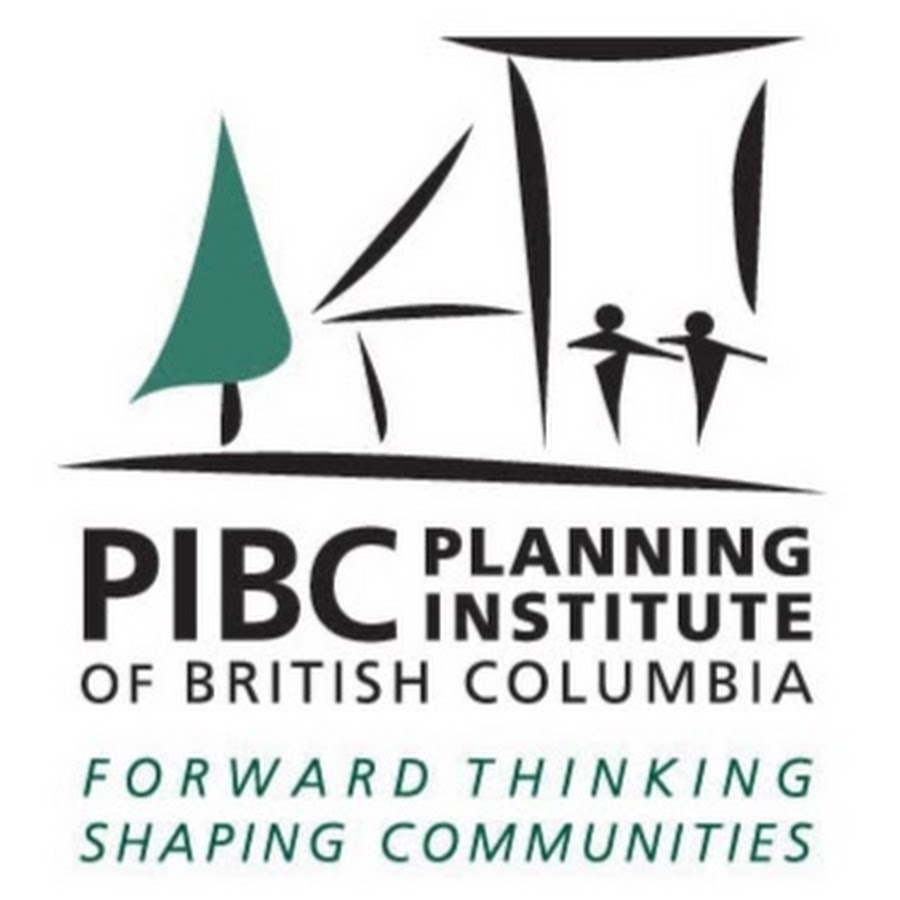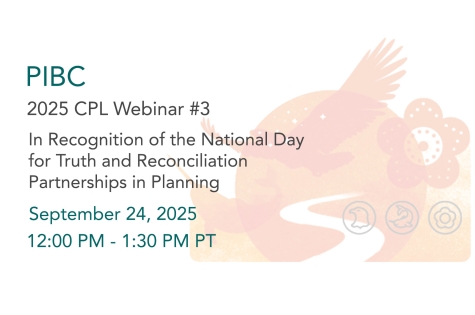This is an online asynchronous class offered in a time-flexible learning format from January to April 2026 and is eligible for PIBC CPL units. Click here for PIBC CPL reporting information.
This course explores how governance is evolving to address the impacts of climate change on freshwater regimes, including cycles of drought, fire and floods with a particular emphasis on collaborative governance.
Upon completion of this course, you will be able to:
- understand the basic principles of hydrology and who "owns" water
- recognize what influences water stewardship and management (e.g., governments, institutions, organizations, political-economy structures and individuals)
- understand the factors involved in conflicts over water
- apply best practices in water sustainability to complex watershed problems such as integrated water resource management, demand management, adaptive management and collaborative watershed approaches
- become adept at evaluating and proposing solutions for a variety of current issues, including energy development, drinking water management, water for agriculture and a "right" to water
- develop writing and presentation skills
TCA 420: Water Futures: Collaborative Responses to Climate Impacts can be taken as part of the Politics, Policy and Climate Action micro-certificate and the Climate Activism micro-certificate.







